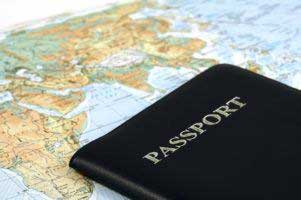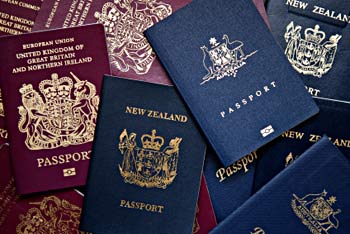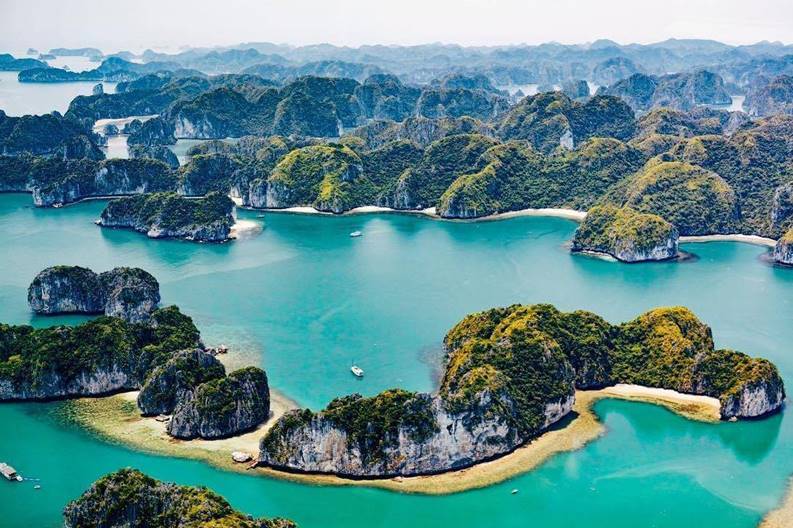

越南
The Socialist Republic of Vietnam is a Southeast Asian country, ASEAN member. It is located in the eastern part of the Indochina peninsula, bordering to the north with China, to the northwest with Laos and to the southwest with Cambodia, while on the east it has a long coast bathed by the South China Sea. It has an estimated population of 95 million, being the fourteenth most populous country in the world and the eighth in Asia. Its capital is Hanoi, but its most populated city is Ho Chi Minh City, formerly known as Saigon, with almost 10 million inhabitants. Its official language is Vietnamese, but are also common Chinese, French, English and numerous languages of the mountain tribes. Its official currency is the Vietnamese Dong (VND).
Vietnam has a socialist market economy, with certain characteristics similar to the People's Republic of China economic model. An emerging market that shifted to a mixed economy, since the Doi moi, which was a set of reforms undertaken in 1986, involving the recognition of private initiative and property. Currently, Vietnam is one of the fastest-growing world's economies, driven by international trade and foreign investment.
Its primary sector is dominated by cultivation and plantations (rice, coffee, cashew nuts, corn, pepper, sweet potatoes, peanuts, cotton, rubber and tea) and aquaculture. Vietnam is the third largest exporter of rice worldwide, after India and Thailand, and the second world's top exporter, after Brazil. It is also a large exporter of fishery products such as shrimps, catfish. Being the traditional sector of the Vietnamese economy, it currently accounts for a sixth part of its GDP, although it employs half of the labor force.
Its major industries are textiles, the food industry, furniture, plastics and paper, but its fastest growing industrial sector is the energy, such as coal, hydrocarbons, electricity, cement, steel and the naval industry. Vietnam is currently the third largest Southeast Asian oil producer, after Malaysia and Indonesia. The most promising sectors, which are receiving more foreign investment are high-value added industries such as cars, electronics and IT (software).
The services sector accounts for more than forty percent of its GDP, mainly driven by telecommunications, with a fibre-based broadband market growing strongly, and tourism, with more than 10 million visitors in 2016, which represents an increase of 26% over the previous year.
In recent years, Vietnamese authorities have set a more structured and competitive business legislation, providing tax breaks and incentives to attract more Foreign direct investment. At Flag Theory, we help you to find strategic locations worldwide to maximize your freedom, privacy and wealth. Below, you can read on why, how and where to invest in Vietnam, setting up a company, banking, business opportunities and how to get residency and citizenship in this Southeast Asian country.






